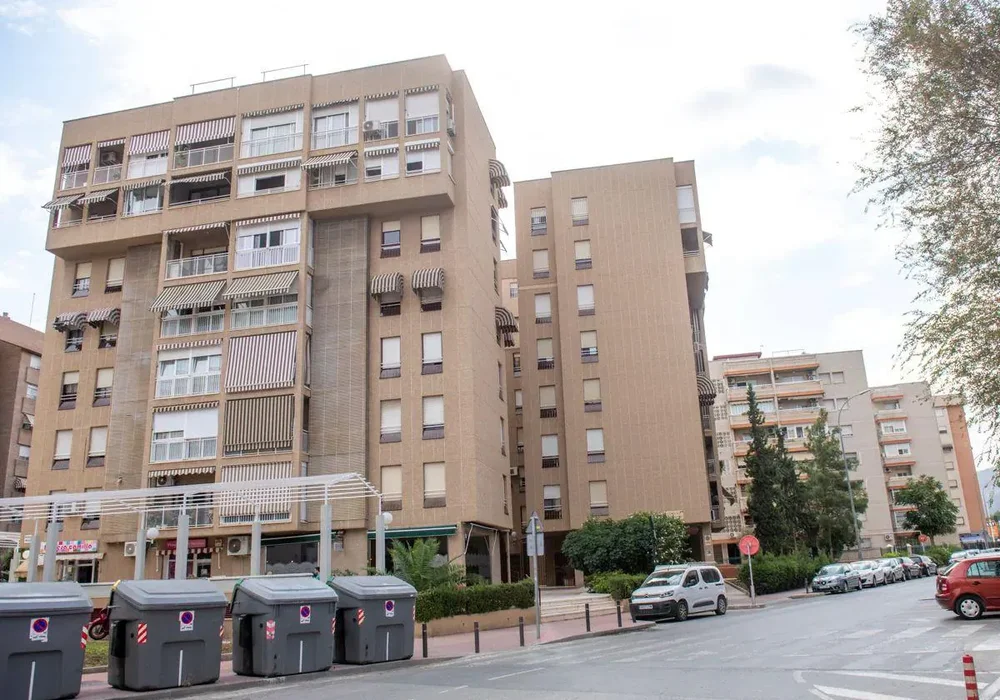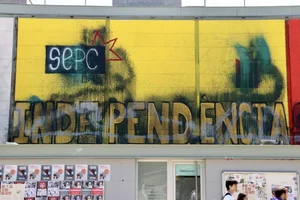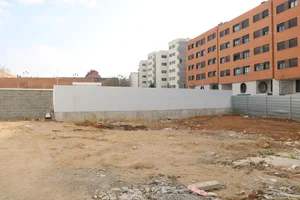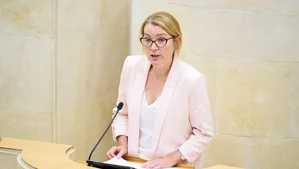Spanish Community President Faces Backlash Over Salary Demand from Neighbors

In a bizarre and contentious incident, the president of a community in Spain has sparked outrage among his neighbors by demanding that they pay him a salary for his services.
The Controversy
The incident took place in a residential community in the region of Valencia, where the community president, whose name has not been disclosed, sent a letter to the residents informing them that he would be expecting a monthly salary for his role. The letter, dated October 2024, outlined the president's expectations and the amount he believed was due to him.
Resident Reaction
The reaction from the community has been overwhelmingly negative. Many residents are outraged by the demand, considering it an abuse of power and a misuse of community funds. Some have expressed concerns that this could set a precedent for future exploitation.
Legal Implications
Legal experts have weighed in on the matter, stating that community presidents in Spain are typically volunteers and do not receive a salary for their services. Any attempt to demand payment could be considered illegal and may lead to legal repercussions.
Community Governance
In Spain, community presidents are elected by the residents to manage the day-to-day affairs of the community, including maintenance, finances, and resolving disputes. The role is generally seen as a civic duty rather than a paid position.
Public Opinion
The incident has garnered significant public attention, with many calling for greater transparency and accountability in community governance. Social media platforms are filled with comments condemning the president's actions and advocating for his resignation.
Next Steps
The community is expected to hold an emergency meeting to discuss the issue and potentially vote on the president's future in the role. Residents are also considering filing a formal complaint with local authorities to address the legality of the president's demands.
This unusual case highlights the importance of clear guidelines and regulations in community governance to prevent such conflicts and ensure that community leaders serve the interests of the residents rather than their own.




